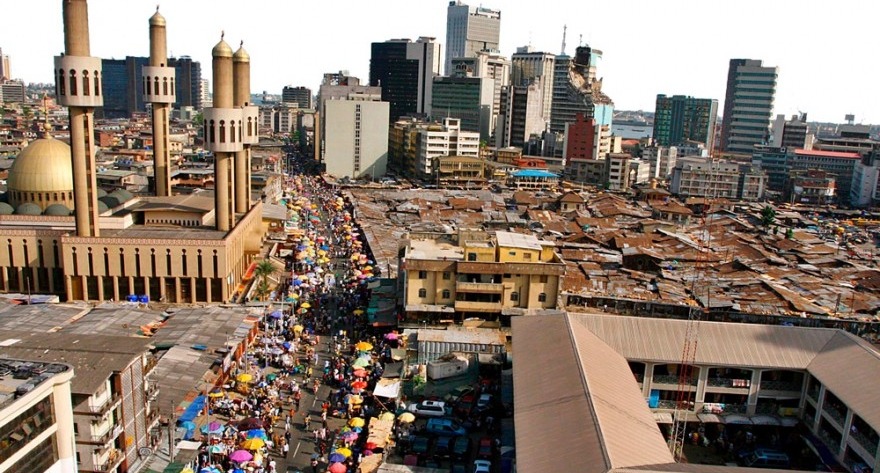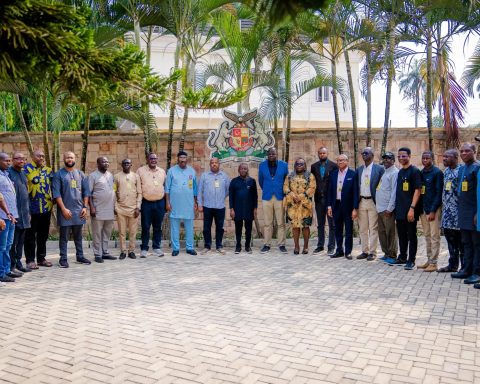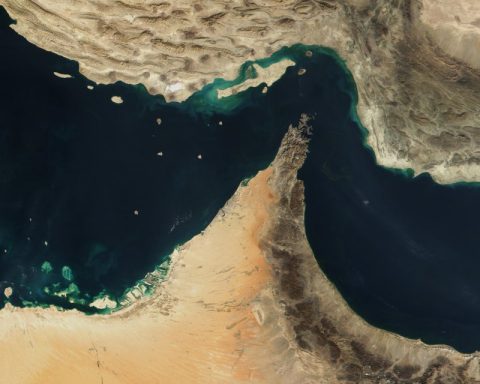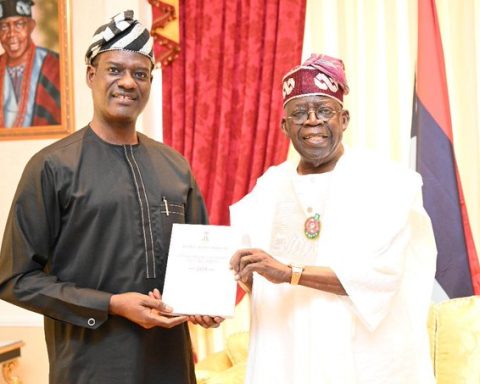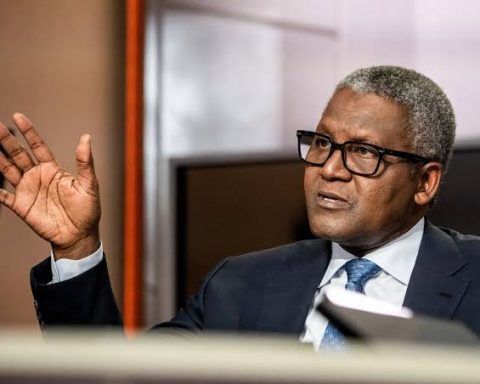Oxfam International’s recent report has exposed a looming debt crisis set to push impoverished nations into budget reductions exceeding $220 billion over the next five years.
This dire situation coincides with the commencement of the IMF-World Bank meetings in Marrakech.
Join our WhatsApp ChannelDrawing from IMF projections, the report forecasts that low- and lower-middle-income nations will grapple with nearly half a billion dollars in daily interest and debt payments until 2029.
These challenges are exacerbated by surging global interest rates, inflation, and economic shocks triggered by the aftermath of the COVID-19 pandemic.
READ ALSO: IMF Urges Nigeria, Sub-Saharan Africa To Ditch Tax Exemptions For Growth
Fitch, a leading rating agency, reported 14 distinct instances of default across nine sovereign nations since 2020, highlighting the severity of the crisis.
Oxfam has seized upon this crisis as a clarion call for a more equitable solution, urging the IMF and the World Bank to explore alternatives beyond debt restructuring and austerity measures.
Amitabh Behar, Interim Executive Director of Oxfam International, stressed the need for solutions like equitable taxation of the wealthy, asserting, “True win-wins, like fairly taxing the rich, are being left on the table.”
The report also spotlights a concerning disparity: debt servicing payments in the poorest countries surpass healthcare expenditures at a ratio of four to one.
For nations in default, such as Zambia and Ghana, debt restructuring discussions are expected to advance during in-person meetings in Marrakech. Meanwhile, the IMF continues dialogues with Tunisia, Pakistan, Egypt, and others regarding proposed bailout loans.






